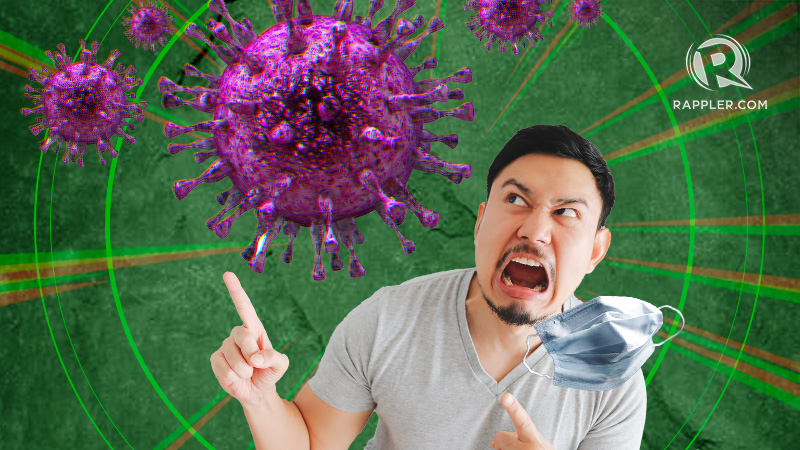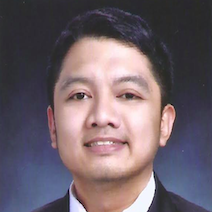

I remember that late summer in 2016.
My friend and I were strolling to Loyola House – my place of solace after losing the moral battle in the elections.
“I think I’m kind of hopeful,” I said.
“What? Are you serious?” My friend, a Portuguese who was then taking his Masters in Theology, raised his eyebrows.
“Yes. I’m seriously hoping that we are in the wrong on this one.”
We plodded on.
“You can’t be serious.”
“Then why did he win?”
I closed my eyes and retreated into my shell. Social media had taken its toll on me.
The next time I opened my eyes, thousands had been killed, and millions on Facebook had cheered. A lot of them said that it was God’s will, for He had anointed that man to run our country. Others, living in sheltered spaces abroad, began to claim that life was now better in the Philippines, as if the slums in our cities, the bodies on the streets, and the poverty in our farmlands were not ours.
Years later, an old lady, thin and shrunken, told me about her headache and her back pain. Minutes into the interview, I was introduced to the biopsychosocial approach to family medicine.
“Doktor, mga walang hiya sila, pinatay nila ang anak ko!” she exclaimed in tears. Her headache began around the time he was found dead in jail, having been arrested for drugs. She had also been carrying a weight around ever since, dragging her aching back to the next doctor who would take the time to listen to her. (READ: 4 out of 5 Filipinos worry over extrajudicial killings – SWS)
If this is God’s will, wouldn’t we be better off with a godless universe? If this is the Filipino dream, wouldn’t it be better if we purged our ambitions?
What made us believe in something like this? In them?
When the coronavirus hit our shores, we were reminded of the answer.
“Fear,” my Portuguese friend said that day.
In the early days of the pandemic, news spread that a young cardiologist had died because a patient lied about his travel history. This made healthcare workers fearful of their patients.
Some seemed to have forgotten that patients were still human beings, living in unique contexts, muddled by conflicting beliefs, and themselves afraid.
We feel that same way about criminals, drug addicts, and the “tambays” we all admit to avoiding when we pass by dark, narrow roads.
Soon after, another cardio fellow who worked closely with that young doctor tweeted that it was all "fake news;" the death wasn't due to a patient's lie. But by then, it was too late.
“Di na namin maihabol icorrect yung mga tao,” he said.
This shows that our instincts could be manipulated just enough that we target the wrong enemy.
When ABS-CBN was shut down much later, I felt that this was another attempt to manipulate our fear. The last thing they wanted was a free press informing us on our country’s very poor response to this crisis and the inevitable recession.
A crisis can be an acid test for a family, organization, company, or country. It puts everyone in a stressful situation, and forces even educated individuals to behave in unseemly ways. So, it's how we respond to the crisis that matters.
Do we bolt to safety and mind our own business? Or do we shed our pride, our “hiya,” and take a long, hard look at what is happening?
Perhaps, in taking that second look, we may realize that, just like how drug addicts, criminals, and patients who lie are just symptoms of bigger problems, our shaky response to the COVID-19 crisis means we are afflicted with something far worse than the virus.
Perhaps we can better reflect now on what happened that summer of 2016, when they won by successfully tapping into that illness Jose Rizal once wrote about, and through the technology that was supposed to free us.
Once we are able to confront that, then we will finally remember who the real enemy is. – Rappler.com
JM Deblois, 29, is a physician.